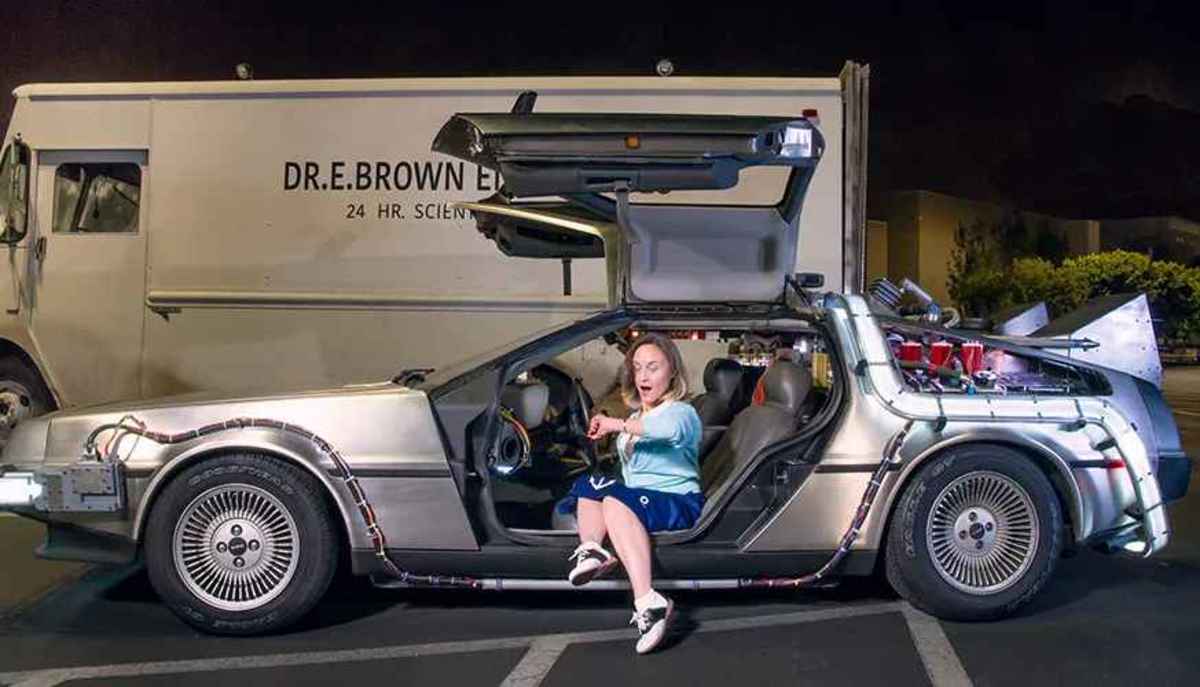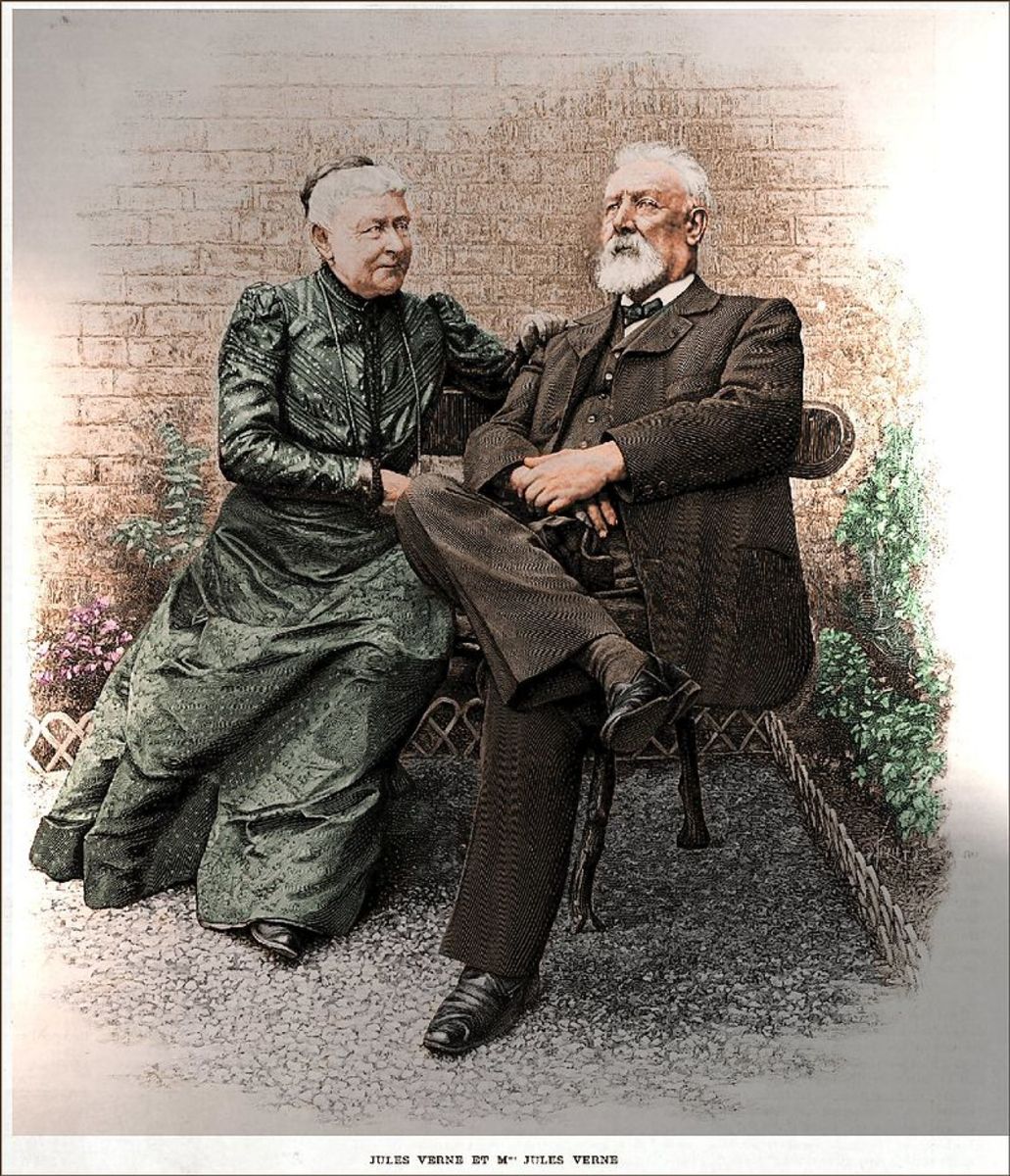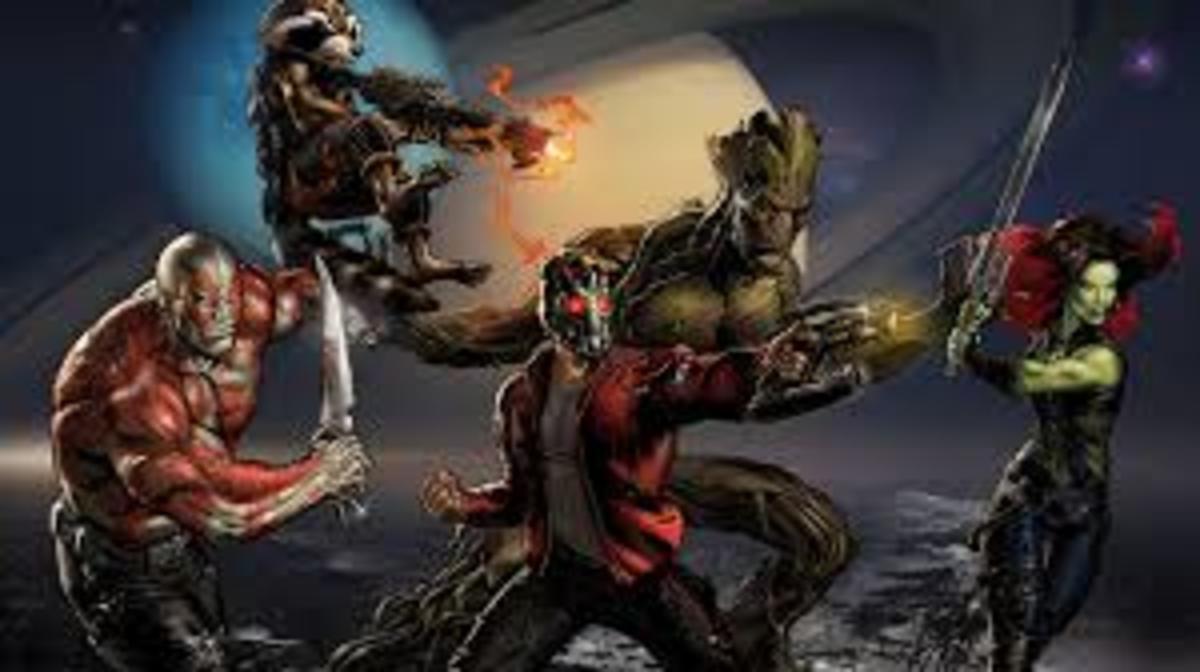- HubPages»
- Books, Literature, and Writing»
- Books & Novels»
- Fiction»
- Science Fiction & Fantasy Books
Why Didn't Time Travelers Kill Hitler?
Not soon enough?
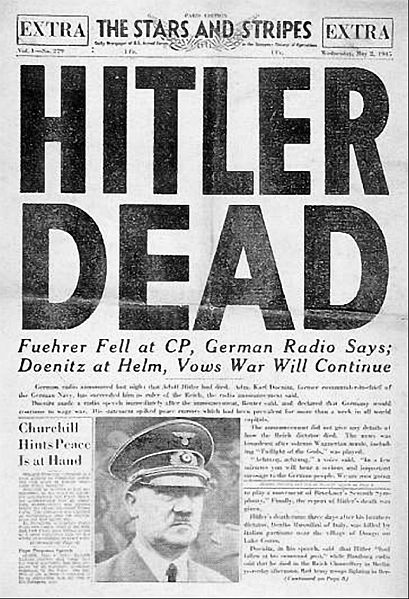
Well, this could be a reason why not
If you could why wouldn't you?
The idea of time travel is a favorite in science fiction. The idea of being able to witness history first hand or see how the future will turn out fires the imagination. Unless the writer tailors the mechanics of visiting the past to forbid it a question inevitably arises, why not go undo some of histories greatest tragedies? Why not kill Hitler before his rise to power? Why not stop the 9/11 hijackers? Why not prevent the assassination of Kennedy or Lincoln or warn people about the attack on Pearl Harbor? There's even a joke in certain circles of the internet that “If time travelers haven't tried to stop you, you must not be doing anything too bad.” Does the fact that no one went back and stopped the Nazis or any other historical atrocities mean time travel is impossible? Not necessarily. Science sums up the problems with time travel in the grandfather paradox. The idea that if you went back in time to kill your own grandfather before he sired any children you would never be born to go back and kill him. Some claim this proves time travel is impossible. Others say maybe not.
Worlds without end
Quantum crosroads
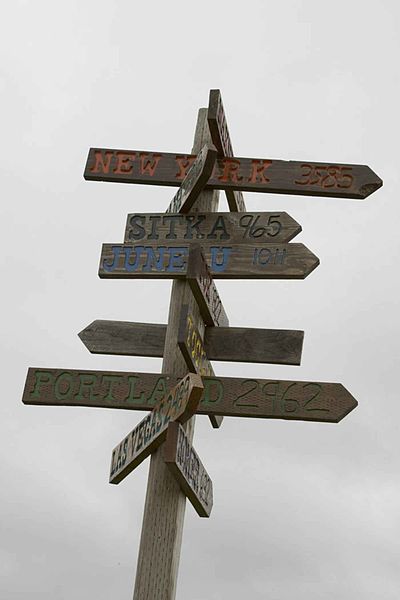
What if you could, but it wouldn't matter?
One way around the grandfather paradox relies on the many world interpretation of quantum theory. Without getting too far into the weeds of quantum mechanics the idea is that there are an infinite number of universes. In these other worlds everything possible has happened. Every coin flip has a universe where it came up each way every choice has a universe where the opposite choice was made. In theory new universes continue to be made as random events and human choices give them opportunities to diverge. Some of these universes are virtually identical to our own except on the subatomic level others quite different. Under this hypothesis a time traveler intent on grand-patricide would have two problems. First, it may be difficult for the traveler to be sure he has reached his own past. Second killing his own grandfather would simply spawn a new universe in which the traveler was never born with no impact on the universe he came from. If this hypothesis is true it would not matter how many travelers went back to prevent any atrocity in history. True millions of lives might be saved but it would not change the fact that those same lives were also lost in the world that sent the travelers. This hypothesis also permits a traveler to visit the future but with the same limitations as visits to the past. A traveler can never be sure he is visiting his own future and knowledge brought back will create a new time-line.
What would a different history look like?
You can't change history?
Extreme bootstraping
Is history set in stone?
Another hypothesis formally proposed by Igor Dmitriyevich Novikov in the 1980s suggests that time travel may be possible but that history is fixed. Under this idea you can time travel but attempts to alter history are doomed to fail because they have already happened. A traveler intent on assassinating Hitler would be stopped, by his bodyguards if nothing else. Curiously this hypothesis does permit a phenomenon that was explored in fiction much earlier. Known as “bootstrapping” to many (possibly named for the Heinlein short story “By his Bootstraps) the phenomenon was also called a “predestination paradox,” in one episode of “Star Trek: Deep Space Nine.” By whatever name, the phenomenon supposes that a time traveler can start a sequence of events that ultimately cause the traveler to engage in time travel in the first place. One must suppose under this hypothesis that travel to the future with the intent of altering current events will be similarly thwarted or prove part of a bootstrapping event.
What could go wrong?
Go back and change everything?
Or in sand?
There are several variations on the idea that history can be altered by a time traveler without the existence of multiple time-lines. They range from the idea that changes can be made but will be balanced out by other changes. To altering history will destroy the universe. From, if you kill Hitler someone else will come along just as bad and do, essentially, the same thing. To, killing your grandfather ends the universe. There are several variations in between. Some even use the butterfly effect from chaos theory to propose that the very act of traveling in time would snowball into massive changes. If these most extreme versions of this hypothesis are correct it is to be hoped that time travel will never be discovered. The end of the universe or even our small part of it is something to avoid after all. Several fictional portrayals of time travel try to fit into the middle ground between these extremes. In Back to the Future for example, Marty prevents his parents from meeting. Although his existence is threatened he is able to get his parents together but in a somewhat different relationship. Pastwatch: the Redemption of Christopher Columbus on the other hand runs closer to the butterfly effect interpretation. It also proposes the interesting idea that, for all our worlds faults, it may be the result of time travelers meddling to prevent something they thought was worse.
Paradise at sunset

What if they already changed history?
So why is our history so full of horrors? Is time travel impossible or so dangerous that no one will ever dare attempt it? Have time-travelers gone back only to spawn alternate worlds leaving ours as an unaltered time-line. Perhaps our history has been affected by time travelers and they arrived so long ago that we cannot find traces of them. Time travelers may also have been so subtle in their alteration that we just don't know about it. After all if you don't know what the time line was before it was altered how would you know what fingerprints of alteration to look for. Perhaps Novikov is correct and every attempt to change things has been thwarted. What if there is only one universe though and time travelers have altered our history already. Why would they leave a past with so many awful things in it? Unless there is, somewhere hidden, a record of what the time-line was like before it was altered we may never know their reasons. Could our history be the result of alteration to prevent something worse? It is also possible that our world has a very bright future in store. If you lived in a Utopia and someone discovered a means to alter history would you want to change things? Would sparing the past the horrors of Nazi Germany be worth risking your perfect world never happening?




